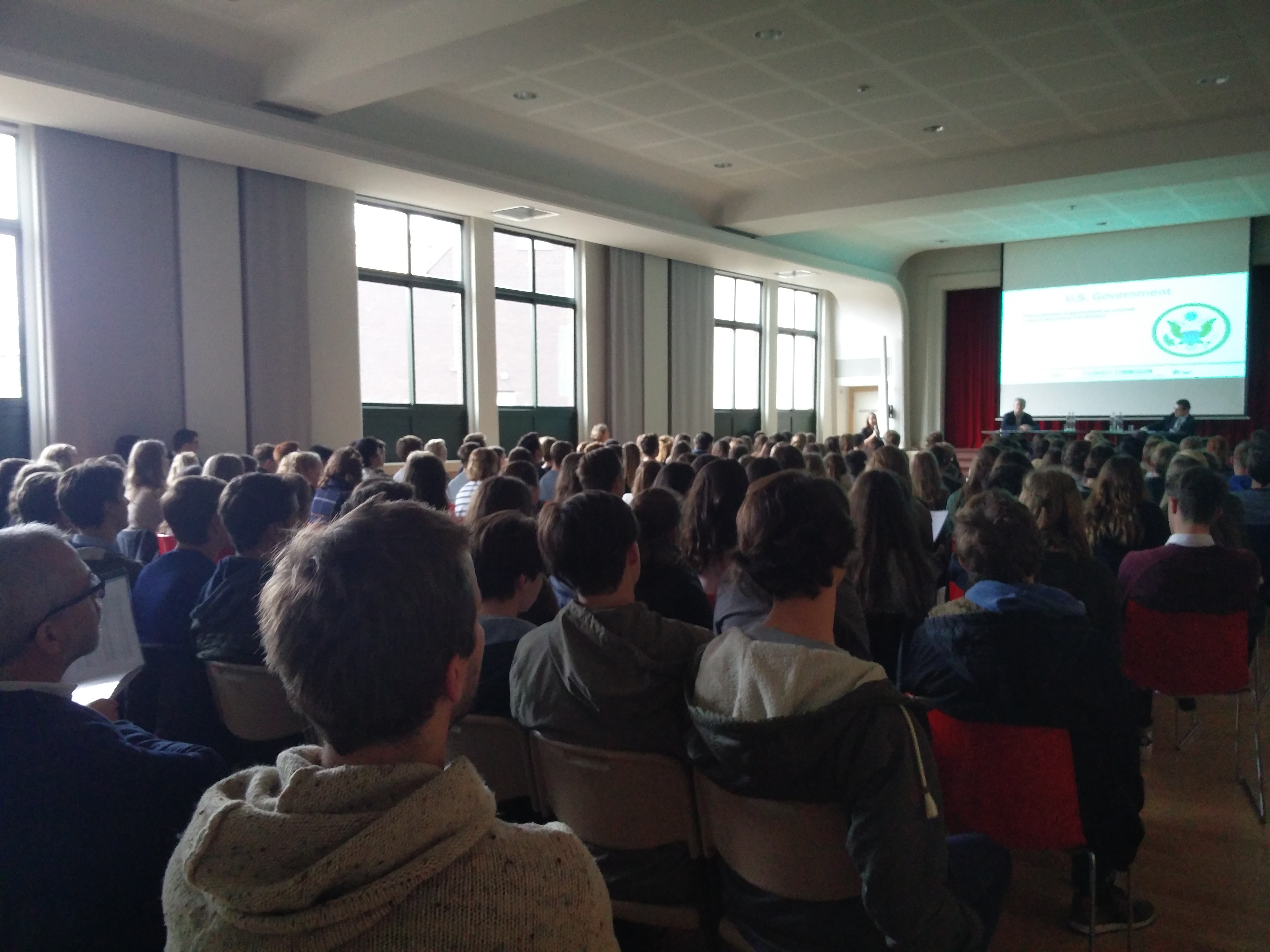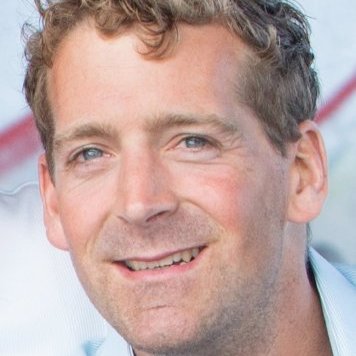For 30 years now, KU Leuven has been home to an impressive collection of bananas that already contains over 1,500 samples and is the biggest in its kind. The technology used to preserve this collection may be applied to various other crops as well.
“Here in Leuven, we have 1,536 samples,” says Professor Rony Swennen of the Laboratory of Tropical Crop Improvement, which manages the banana collection. The collection now falls under the umbrella of the United Nations as the ‘Bioversity International Musa Germplasm Transit Centre’.
To preserve this large amount of samples, the bioengineers use a cold chamber – containing test tubes with small banana plantlets of 3 to 4 centimetres – and cryotanks with plant stem cells in liquid nitrogen at a temperature of -196 degrees Celsius. “By using this method of cryopreservation, we can preserve the stem cells for hundreds of years and even regenerate them to a normal plantlet.”
Cryopreservation can also be used for many other crops that are typically found in moderate and tropical climates: “You can apply this technique to all plants that don’t produce their own seeds, such as most bananas, or plants whose seeds are difficult to stock, such as coconuts. By doing so, you could build a counterpart to the Svalbard Global Seed Vault, the world seed bank on the Norwegian island of Spitsbergen.”
On 23 January 2017, the Bioversity International Musa Germplasm Transit Centre (ITC) celebrated its thirtieth anniversary with an event at KU Leuven, in the presence of Belgium Deputy Prime Minister and Minister for Development Cooperation Alexander De Croo.
Source: KU Leuven
Categories: Breaking News, Leadership in Biology
















